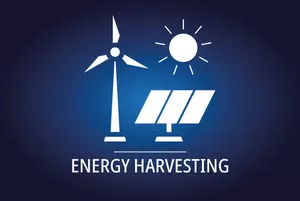Power Supplies for Automation
The requirements for power supplies in automation are that they must be isolated to prevent cross-interference, ground loops, or potential differences from affecting the automatic control system. A prime example is a DC motor speed controller; the DC supply powers both the motor and the speed controller, but the sensitive controller circuitry requires a low-noise, isolated, lower-voltage supply. Using an isolated, regulated DC/DC converter addresses voltage conversion, electrical noise isolation, and immunity to power dips and surges with a single component.




